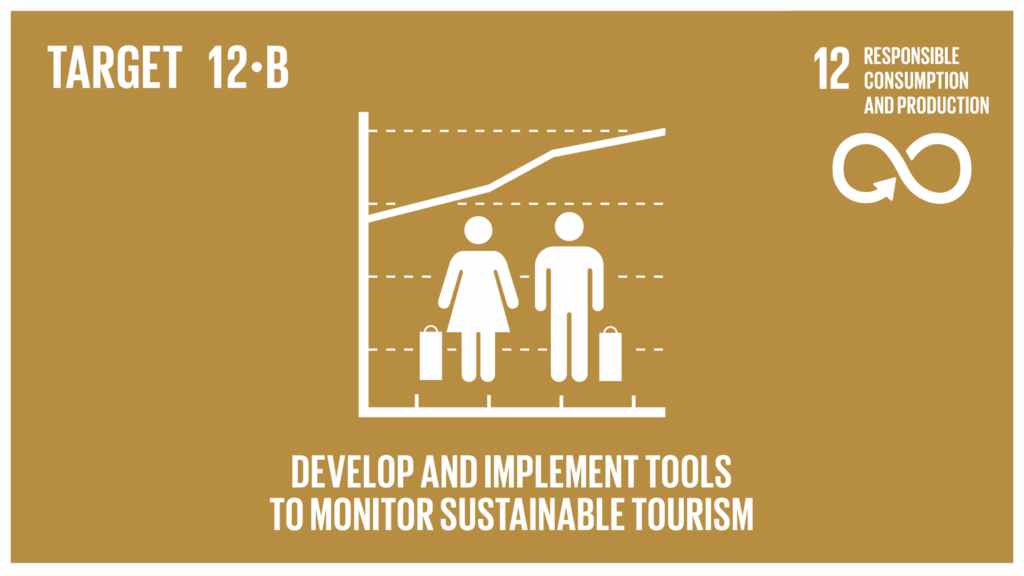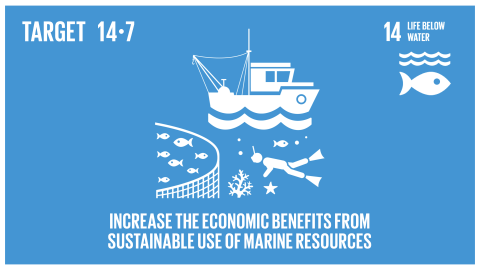The United Nations defines sustainable tourism as tourism that thoughtfully addresses the economic, social, and environmental impacts of travel—balancing the needs of visitors, industry, local communities, and the environment both today and in the future. It plays a crucial role in achieving the 2030 Agenda and several UN Sustainable Development Goals (SDGs).
Key SDG Targets
- SDG 8.9 encourages governments to “devise and implement policies to promote tourism that creates jobs and promotes local culture and products” by 2030.

- SDG 12.b focuses on creating tools to monitor sustainable tourism’s impacts in economic, social, and environmental terms.

- SDG 14.7 targets expansion of ocean-based sustainable tourism, boosting benefits for Small Island Developing States and least-developed countries.

A Holistic Definition
UN documents, including Rio+20’s “The Future We Want”, emphasize that sustainable and responsible tourism must:
- Promote decent jobs and trade opportunities
- Foster environmental awareness, wildlife protection, and biodiversity conservation
- Respect cultural heritage
- Support local livelihoods and ecosystems
- Encourage investment in eco-tourism, particularly benefiting underserved communities
Implementation & Measurement
The UN encourages:
- Developing policies, incentives, and regulations to promote sustainable tourism;
- Creating monitoring tools, including standard accounting methods, to measure tourism’s impact;
- Building capacity and funding SMEs and local communities, especially in regions with eco-tourism potential; and
- Forming partnerships to support grassroots development through microcredit and local stakeholder engagement
Why It Matters
Sustainable tourism:
- Strengthens economies by creating decent work (SDG 8);
- Protects the environment and cultures by managing tourism’s footprint (SDGs 12 & 14);
- Empowers communities, especially in island and developing regions;
- Serves as a potent tool for poverty reduction and sustainable development
Global Initiatives & Collaboration
- The ST-EP initiative, launched at the 2002 Johannesburg Summit, utilizes tourism to eradicate poverty via UNWTO and UNCTAD support.
- In 2017, the UN General Assembly declared it the International Year of Sustainable Tourism for Development, raising global awareness.
- Tourism4SDGs and the One Planet Sustainable Tourism Programme are platforms advancing tools, education, and policy alignment.
In Summary
Sustainable tourism stands as a cornerstone of the 2030 Agenda. It demands integrated policies, robust monitoring, and collaboration across sectors. By promoting economic growth, safeguarding heritage and the environment, and elevating local communities, it provides a pathway to prosperity without compromising future generations.

